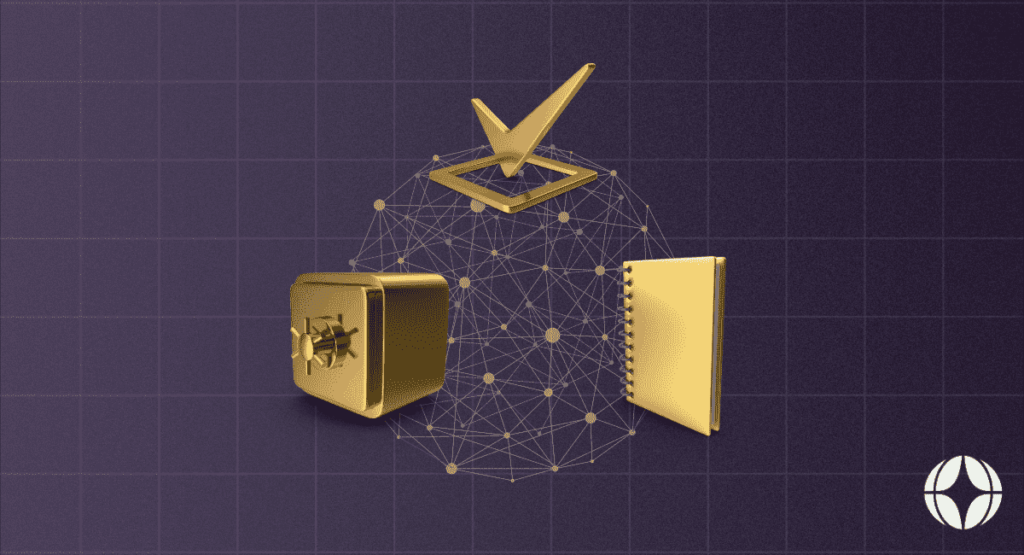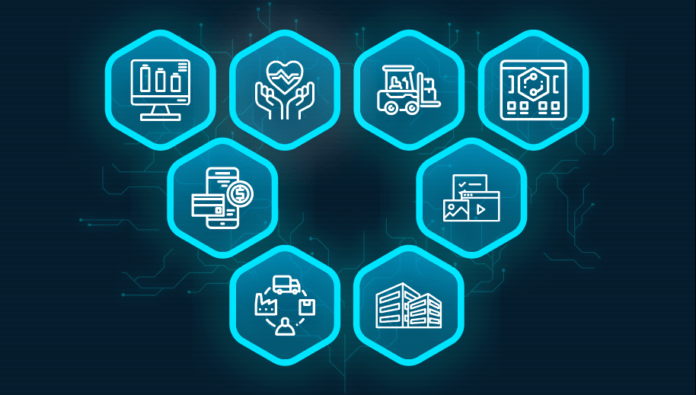When people hear about blockchain, they often associate it with cryptocurrencies like Bitcoin and Dogecoin. However, beyond the hype, blockchain technology holds incredible real-world potential, offering tangible benefits that are already integrating into daily life.
We constantly hear the term blockchain, but beyond speculative investments and digital assets, it has the power to fundamentally change how we interact with the world. Forget the buzzwords—let’s explore eight practical applications of blockchain that are shaping our daily experiences, even if we don’t realize it.
1. Secure and Streamlined Transactions

Imagine a world where fraudulent credit card charges and lengthy identity verification processes are a thing of the past. The core strength of blockchain lies in its secure and decentralized ledger, which can revolutionize transactions.
- Transparent supply chains: Blockchain ensures authenticity in industries such as pharmaceuticals and luxury goods.
- Seamless cross-border payments: Blockchain enables instant global money transfers without excessive fees.
- Smart contracts: These self-executing agreements stored on blockchain eliminate the need for intermediaries in legal and financial transactions.
2. Taking Control of Your Health Data

Decentralized medical records can empower individuals by providing them with secure, easily accessible health information.
- Instead of fragmented records across healthcare providers, blockchain allows for a unified and encrypted healthcare database that only authorized parties can access.
- This system enables faster diagnoses, improved medical research, and personalized treatment plans.
3. Restoring Trust in Elections
Lost faith in the electoral process? Blockchain-based voting could be the solution.
Blockchain voting could allow citizens to cast their votes remotely while maintaining security and accuracy.
Secure and verifiable digital ballots recorded on a blockchain ensure transparency and eliminate fraud.
Trials in places like West Virginia and India showcase a future where votes are immutable and verifiable.
4. The Sharing Economy and Digital Ownership
The gig economy is booming, but centralized platforms take significant cuts from users’ earnings. Blockchain offers a decentralized alternative:
- Imagine co-owning a vacation rental on a blockchain, fairly splitting profits with co-investors without middlemen.
- Contributing to a solar panel initiative in your neighborhood and receiving direct energy credits.
- Blockchain removes the need for intermediaries, enabling more transparent, fair, and efficient peer-to-peer interactions.
5. Protecting Art and Digital Assets
As digital art and NFTs gain popularity, blockchain ensures authenticity and ownership.
- Platforms like OpenSea enable artists to sell digital works with verified proof of ownership.
- Blockchain protects against forgery and allows seamless transfers in a secure marketplace.
- Musicians and authors can use blockchain to track usage rights, ensuring fair compensation and reducing piracy.
6. Tracking Food from Farm to Table
Food safety is a growing concern, and blockchain enables transparent supply chains.
- Companies like IBM Food Trust use blockchain to track food from farm to table, ensuring quality and safety.
- Consumers can scan a QR code to view a product’s journey, from harvesting to storage.
7. Optimizing Supply Chains
Managing complex global supply chains is a logistical challenge, but blockchain provides a shared, secure platform to track and verify data.
- Manufacturers and logistics providers can access real-time tracking to improve efficiency and reduce fraud.
- Blockchain allows for automated customs clearance, reducing delays and paperwork bottlenecks.
8. Reinventing Personal Identity
Identity theft is on the rise, but blockchain-based identity solutions can safeguard personal information.
- Governments and tech companies are working on digital identity systems that store documents like passports and driver’s licenses on the blockchain.
- Users control who accesses their data, enhancing privacy and security.
The Future of Blockchain: More Than Just Cryptocurrency
These examples only scratch the surface of blockchain’s transformative potential. While still evolving, this technology is revolutionizing how we approach security, transparency, and efficiency in everyday life.
So, next time you hear about blockchain, remember—it’s not just about digital currencies. It’s about making transactions, healthcare, voting, property ownership, and even art simpler, safer, and more empowering.
Stay tuned for upcoming articles on Morsilla.com, where we will dive deeper into specific blockchain applications, from insurance innovations to healthcare advancements.



